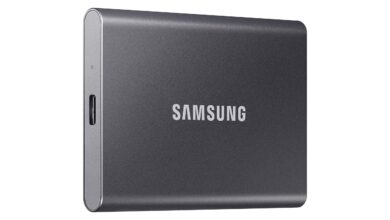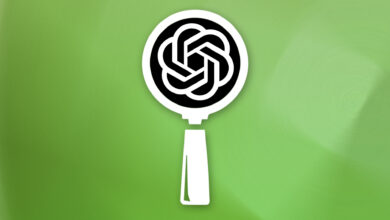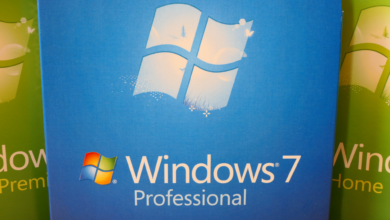Cybersecurity and Data Privacy
In today’s digital age, data breaches, and cyber attacks are becoming more and more common. Protecting your personal information has never been more important. This article will discuss cybersecurity and data privacy, why they matter, and what you can do to protect yourself.
Introduction
As the use of technology and the internet continues to grow, so do the associated risks. Cybersecurity and data privacy are two important concepts that aim to protect your personal information from unauthorized access, theft, and misuse.
What is Cybersecurity?
Cybersecurity refers to protecting computer systems, networks, and sensitive information from digital attacks, theft, and damage. It involves using technologies, processes, and practices to prevent, detect, and respond to cyber threats.
Why is Cybersecurity Important?
Cyber attacks can have devastating consequences, ranging from financial loss and damage to reputation to identity theft and even physical harm. Cybersecurity is essential to safeguard your personal and financial information and your privacy.
Types of Cyber Attacks
There are various types of cyber attacks, including:
- Phishing: tricking users into revealing personal information by posing as a trustworthy entity
- Malware: malicious software that can infect your computer or device and steal sensitive data
- Ransomware: a type of malware that encrypts your files and demands payment in exchange for their release
- Denial-of-Service (DoS) attacks: flooding a website or server with traffic to make it unavailable to users
- Man-in-the-Middle (MitM) attacks: intercepting communications between two parties to steal information
What is Data Privacy?
Data privacy protects personal information from being collected, shared, and used without your consent. It involves ensuring that your personal data is kept secure, confidential, and only used for its intended purpose.
Why is Data Privacy Important?
Your personal information is valuable and can be used for various purposes, including marketing, identity theft, and fraud. Data privacy is crucial to protect sensitive information from being misused, exploited, or sold without your consent.
Types of Personal Data
Personal data can include:
- Name
- Address
- Phone number
- Email address
- Social Security number
- Credit card information
- Health information
- Biometric data (e.g., fingerprints, facial recognition)
How to Protect Yourself
You can take various measures to protect yourself from cyber-attacks and data breaches.
Keep Your Software Updated
Ensure you keep your computer and device software up-to-date with the latest security patches and updates. This will help fix any known vulnerabilities and prevent cyber attacks.
Use Strong Passwords
Use strong, unique passwords for each account, and change them regularly. Avoid using easily guessable passwords, such as “password123”.
Be Careful What You Click
Be wary of clicking links or downloading attachments from unknown or suspicious sources. They could be phishing attempts or contain malware.
Use Antivirus Software
Install and regularly update antivirus software on your computer and device. This will help detect and remove malware that could steal your personal data.
Use Two-Factor Authentication
Enable two-factor authentication on your accounts whenever possible. This will add an extra layer of security and protect your account from unauthorized access.
Be Mindful of Your Social Media
Be careful about what you post on social media, as it could reveal personal information that could be used against you. Avoid sharing sensitive information, such as your home address or phone number.



